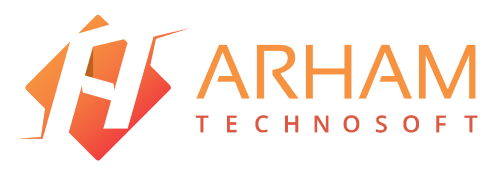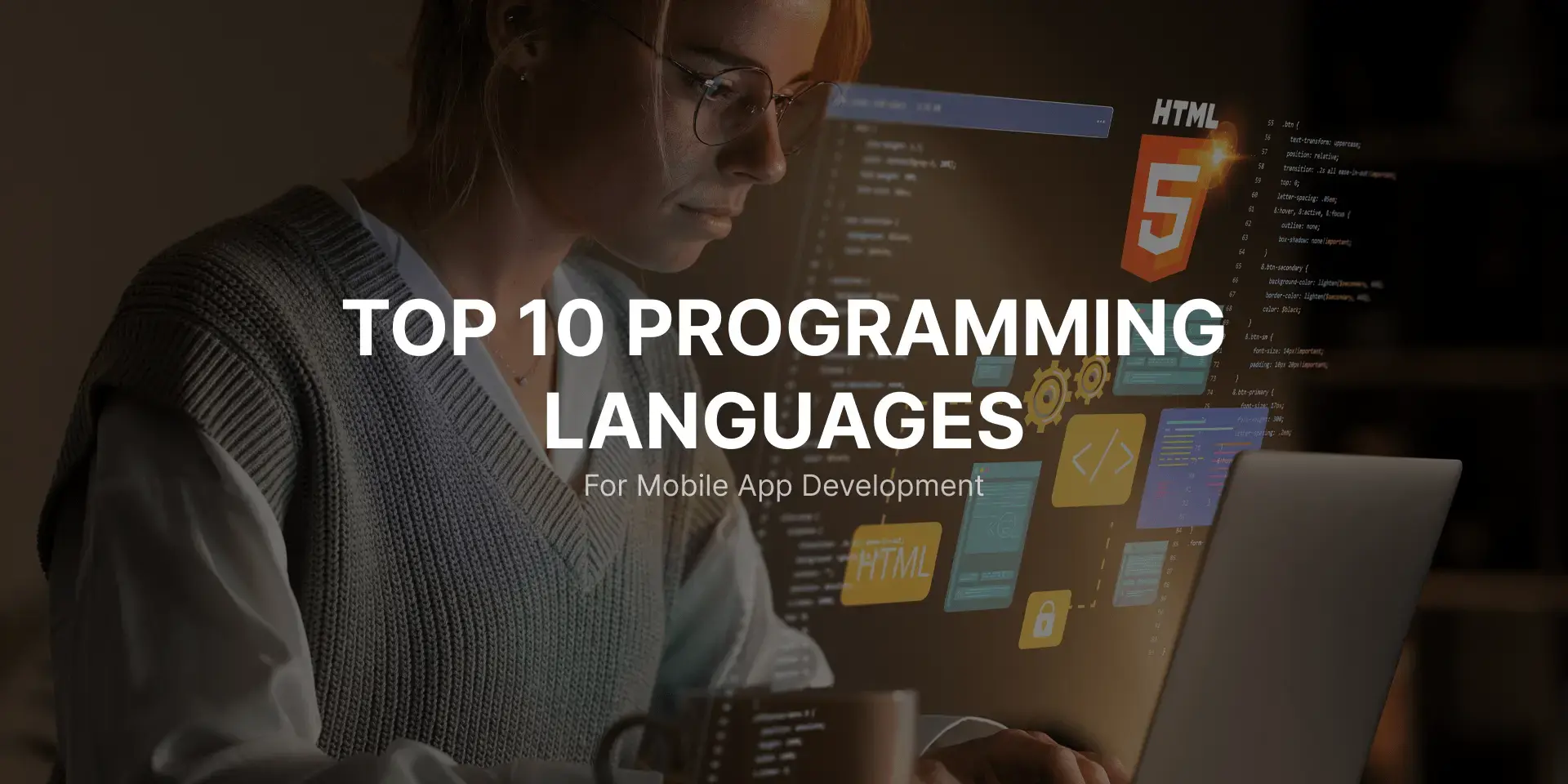choosing the right programming language is crucial for creating high-quality and user-friendly applications. With a multitude of programming languages available, each with its own strengths and weaknesses, selecting the appropriate one can significantly impact the success of your project. To help you make an informed decision, we’ve compiled a list of the top 10 most popular programming languages for seamless mobile app development.
Swift

Swift is the preferred language for iOS app development. Developed by Apple, it offers a modern and intuitive syntax, making it easier to write and maintain code. With features like optionals and type inference, Swift enhances productivity and reduces the likelihood of errors. Its seamless integration with Objective-C allows developers to leverage existing codebases while taking advantage of Swift’s advanced capabilities.
USP: Modern, safe, and efficient language for iOS development, with strong performance optimizations and seamless integration with existing Objective-C codebases.
Kotlin

Kotlin has emerged as the go-to language for Android app development. Endorsed by Google as an official language for Android, Kotlin combines conciseness, safety, and interoperability with Java. Its null safety features help prevent NullPointerExceptions, leading to more robust and stable applications. Kotlin’s seamless integration with existing Java codebases allows for a smooth transition and facilitates collaboration between teams.
USP: Modern, concise, and interoperable language for Android development, offering null safety features, seamless interoperability with Java, and enhanced developer productivity.
JavaScript

JavaScript remains a dominant force in mobile app development, particularly for building cross-platform applications. With frameworks like React Native and Ionic, developers can use JavaScript to create native-like experiences for both iOS and Android platforms. JavaScript’s versatility, extensive ecosystem, and community support make it a popular choice for building mobile apps with web technologies.
USP: Versatile language for cross-platform mobile app development, leveraging frameworks like React Native to create native-like experiences, with extensive community support and rapid development cycles.
Java

Although Kotlin has gained traction in recent years, Java continues to be a prevalent language for Android app development. Its mature ecosystem, strong community support, and performance optimizations make it a reliable choice for building scalable and robust mobile applications. Java’s familiarity and extensive tooling support ensure a seamless development experience for Android developers.
USP: Robust and mature language for Android app development, offering a vast ecosystem, strong tooling support, and platform stability, ideal for building scalable and enterprise-level applications.
Python

Python’s simplicity, readability, and versatility extend to mobile app development through frameworks like Kivy and BeeWare. While not as commonly used as Swift or Kotlin, Python’s ease of learning and rapid development capabilities make it an attractive option for prototyping and building cross-platform mobile applications. Python’s extensive libraries and frameworks empower developers to create feature-rich mobile apps with minimal effort.
USP: Simple, readable, and versatile language for cross-platform development, known for its ease of learning, extensive libraries, and rapid prototyping capabilities.
C#

C# is the primary language for developing mobile apps with the Unity game engine. Unity’s robust features and cross-platform support enable developers to create immersive 2D and 3D experiences for mobile devices. With its rich ecosystem of plugins and assets, C# empowers developers to build high-performance games and interactive applications that run seamlessly on iOS and Android platforms.
USP: Powerful language for mobile game development with Unity, providing high performance, extensive features for game development, and cross-platform compatibility.
Dart

Dart is the programming language used for building mobile apps with Google’s Flutter framework. Flutter’s reactive UI and hot reload feature allow for rapid iteration and experimentation, resulting in a faster development cycle. Dart’s strong typing and ahead-of-time compilation contribute to the performance and reliability of Flutter apps, making it an excellent choice for building beautiful and responsive mobile applications.
USP: Language used with Flutter for mobile app development, offering a reactive UI framework, hot reload feature for fast iteration, and beautiful, responsive user interfaces.
Objective-C

Although Swift has become the preferred choice for iOS app development, Objective-C continues to play a significant role, especially in maintaining legacy codebases. With its long-standing presence in the iOS ecosystem, Objective-C offers stability and compatibility, ensuring that older apps remain functional and updatable. Objective-C’s interoperability with Swift enables developers to leverage its capabilities while transitioning to a more modern codebase.
USP: Stable and reliable language for iOS development, with seamless interoperability with Swift, making it suitable for maintaining legacy codebases and transitioning to modern iOS development practices.
Ruby

Ruby, renowned for its simplicity and developer-friendly syntax, is utilized in mobile app development through frameworks like RubyMotion. While not as widely adopted as other languages on this list, Ruby’s elegance and expressiveness make it an appealing choice for building cross-platform mobile applications. RubyMotion’s seamless integration with native APIs enables developers to create native-like experiences with Ruby.
USP: Developer-friendly language for cross-platform app development, with a focus on simplicity, expressiveness, and seamless integration with native APIs through frameworks like RubyMotion.
C++

C++ is often employed in mobile app development for performance-critical tasks and gaming applications. With its low-level control and efficient memory management, C++ enables developers to optimize resource usage and maximize performance on mobile devices. While not as beginner-friendly as other languages, C++ remains a powerhouse for building high-performance mobile applications, particularly in areas requiring intensive computations or real-time graphics.
USP: Low-level language for performance-critical tasks and gaming applications, known for its efficient memory management, low-level control, and optimization capabilities.
Choosing the right programming language for mobile app development depends on various factors such as platform requirements, project scope, developer expertise, and performance considerations. By evaluating the strengths and weaknesses of each language, you can select the most suitable option to ensure a seamless and successful mobile app development process. Whether you’re targeting iOS, Android, or cross-platform solutions, these top 10 programming languages provide the foundation for building innovative and compelling mobile applications.


